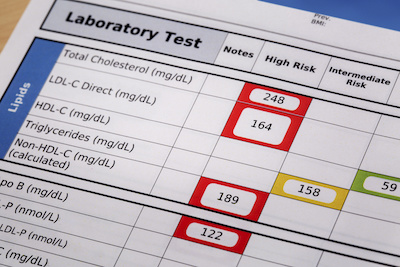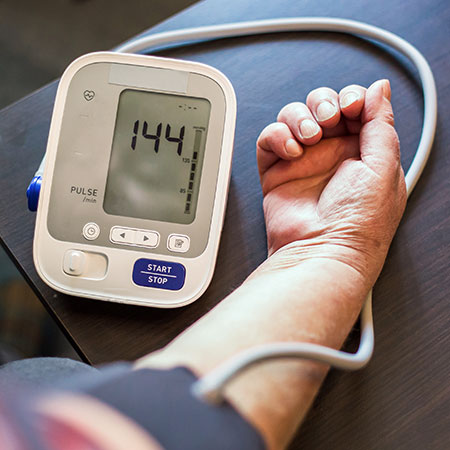New Study Says Egg Consumption Does Not Contribute to Stroke
In recent months the humble egg has taken a beating. In April, a study suggested that daily egg consumption posed a heart health risk. A new study from Finland, published in the American Journal of Clinical Nutrition, counters this theory and shows that a moderately high intake of dietary cholesterolRead











